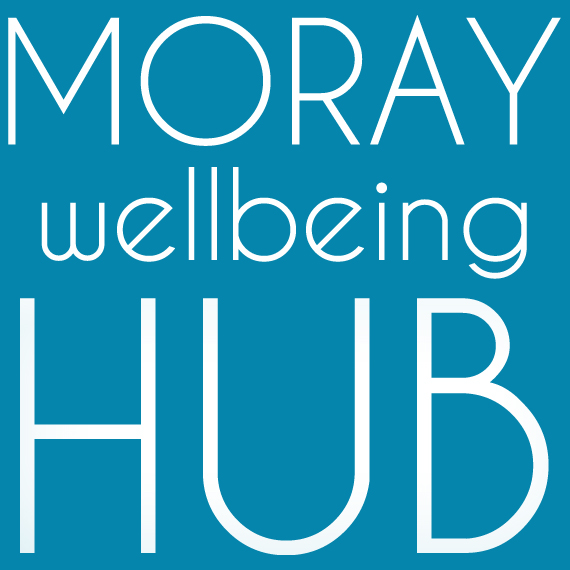David Howie shares some of his findings and recommendations from his dissertation on mental health in the workplace with Alliance Scotland.
Read the full article here.
David’s dissertation asks ‘why is there a subjective wellbeing premium in the voluntary sector employment?’ An alternative framing on David’s dissertation question could be ‘what makes us happier in the workplace?’ Using inductive evidence – eight interviews with voluntary sector employees, David identified five themes which contribute toward a wellbeing premium and the removal of ill mental health in the workplace.
- Social Capital
- Job variation
- The wider community
- Values
- Funding
For society to build back better, post-COVID-19 the Scottish Government should implement a policy that focuses on the five themes identified across David’s dissertation and Richard Layard’s work. However, the Scottish Government can influence voluntary sector employees’ wellbeing directly, mainly due to funding and workload direction—additionally, third sector organisations are linked closely to Scottish Government policy networks. The Scottish Government does not have the same direct control over private sector organisations. As a result, private sector organisations have focused more on corporate social responsibility (CSR) and less on employees as stakeholders.
The cornerstone of the build back better movement should be looking to bring to the forefront of society that all citizens are stakeholders. It should recognise that the employees in all sectors are stakeholders, and all stakeholders matter equally.
David concluded his dissertation by agreeing with Rosabeth Moss Kanter. When employees have power in the workplace, employees are happier. The happier an employee is, the more likely the employee is to develop s subjective wellbeing. Post COVID-19 there must be a collaborative approach to empowering all employees in all sectors. If society is to build back better post-COVID-19, every employee must have the opportunity to develop subjective wellbeing.






